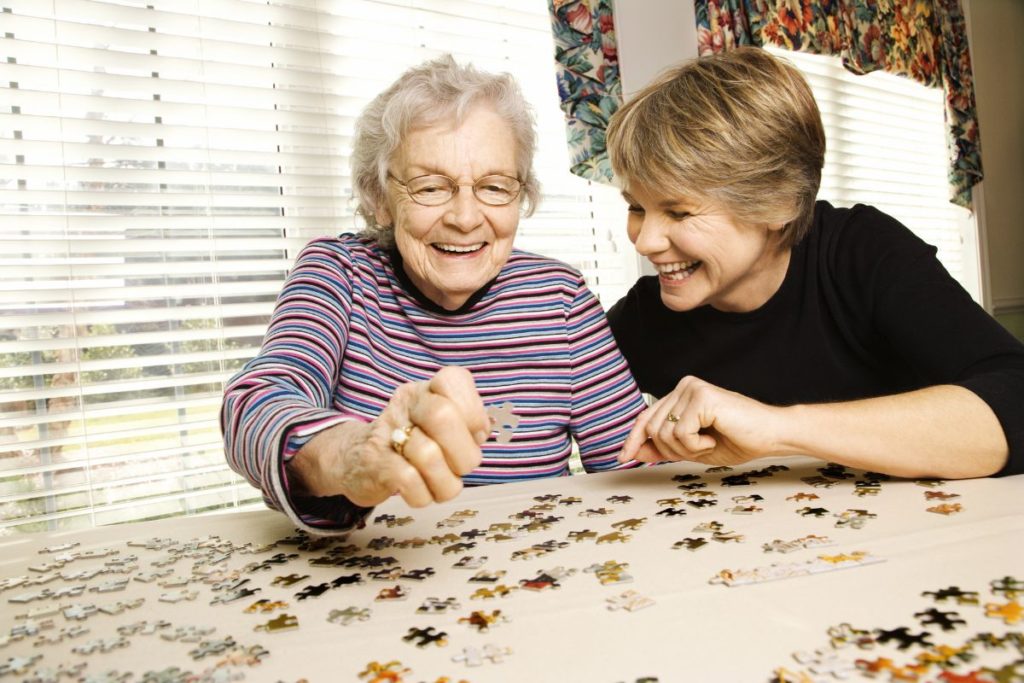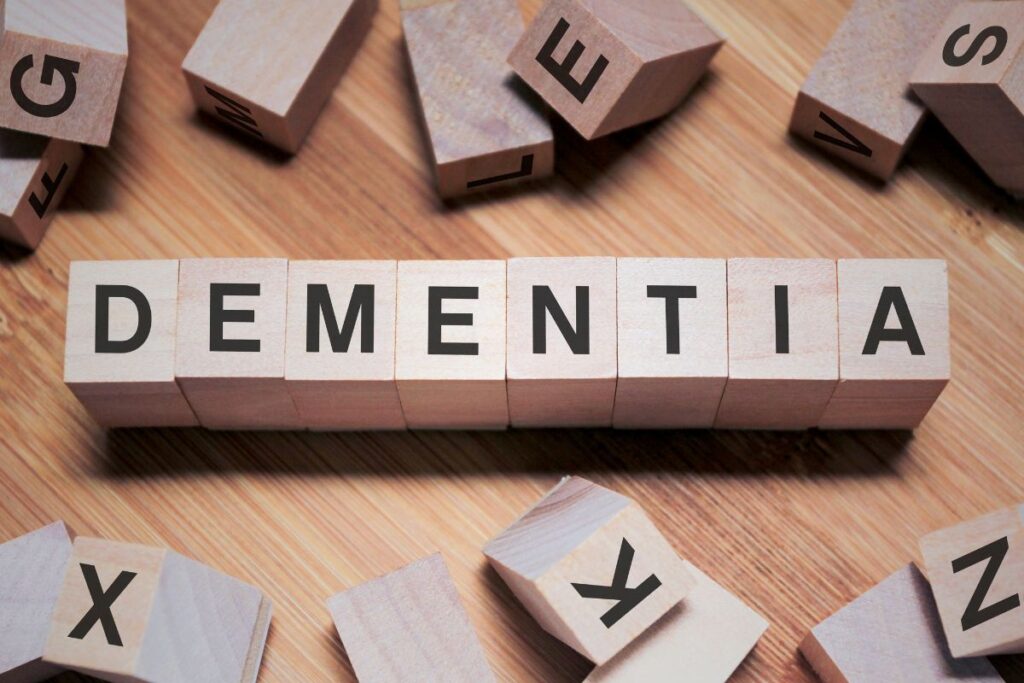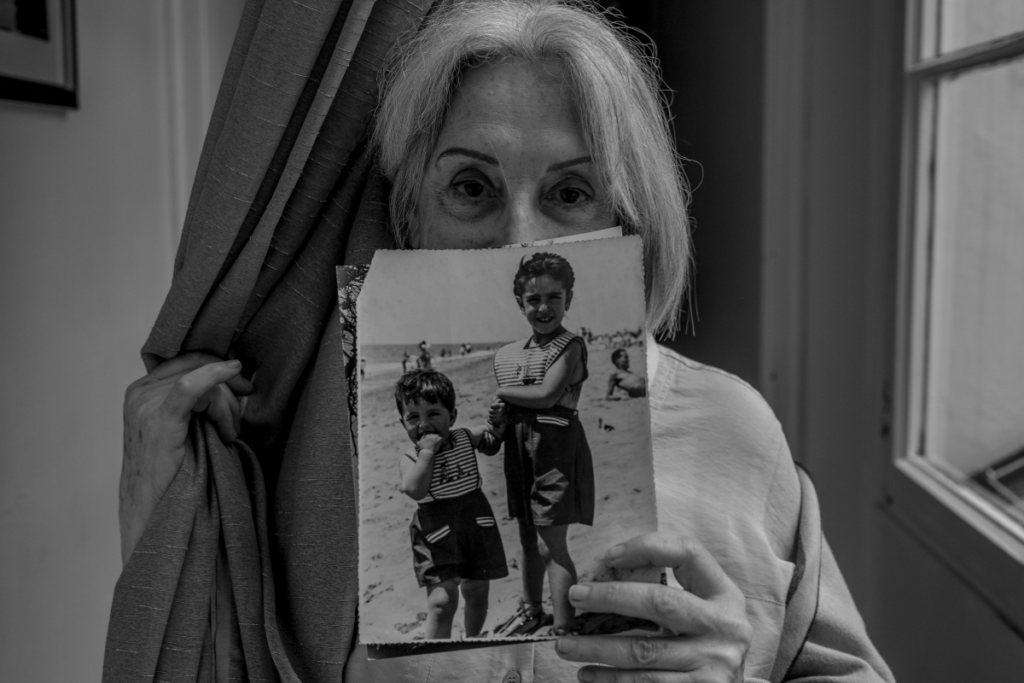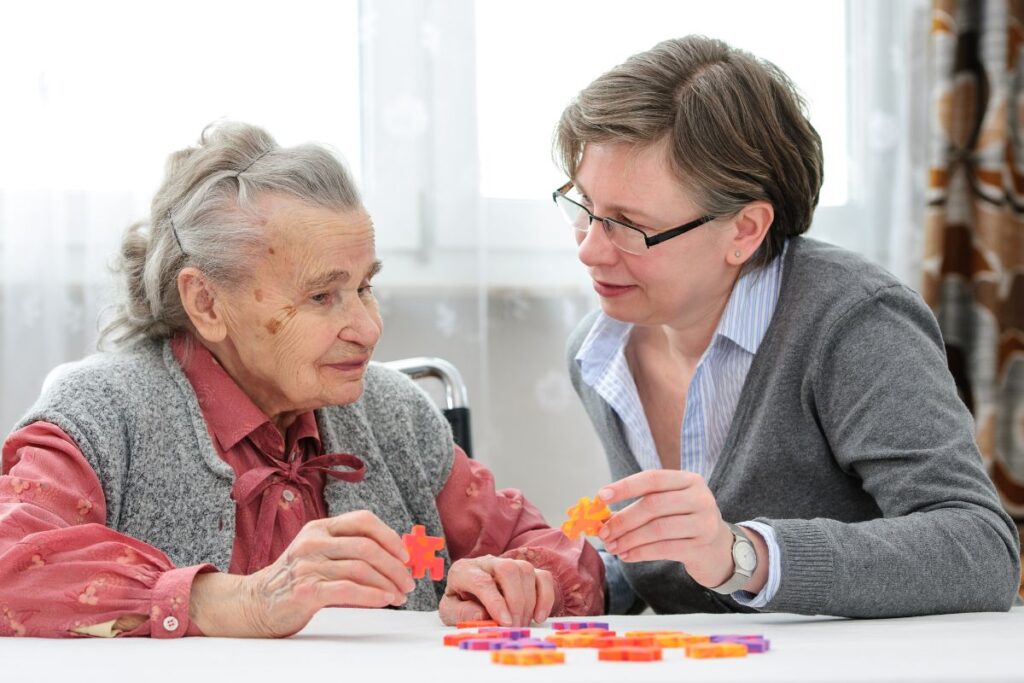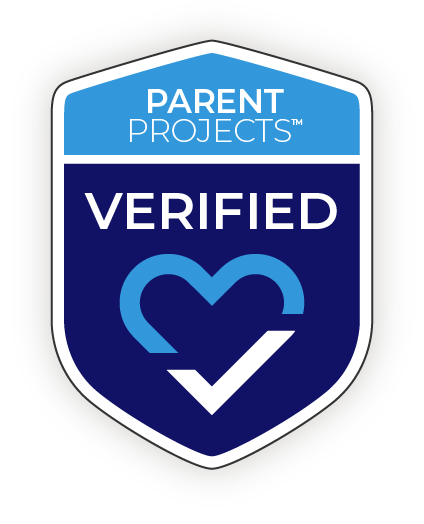Are you looking for information on Phoenix senior living?
You’ve come to the right place! In this blog post, we will answer all of your questions and provide you with all the information you need to make an informed decision about where to live.
We’ll discuss topics such as cost, location, amenities, and more.
So whether you are just starting your search or you have already narrowed it down to a few options, read on for everything you need to know about Phoenix senior living!
What is the cost of living in a Phoenix senior living community?
The cost of living in a Phoenix senior living community varies depending on the type of community you choose.
Independent living communities typically have lower monthly fees than assisted living or memory care communities.
However, the overall cost of care will be more expensive if you need to move into a higher level of care later on.
It’s important to note that most Phoenix senior living communities offer all-inclusive pricing, which includes utilities, meals, and other amenities.

What are some common amenities offered in Phoenix senior living Communities?
Phoenix senior living communities offer a wide variety of amenities, including:
- Fitness centers
- Swimming pools
- Movie theaters
- On-site pharmacies
- Bistros and cafes
- Hair salons
- Library services
It’s important to note that amenities can vary from community to community, so be sure to ask about the specific amenities offered at each one.
What is the climate like in Phoenix?
The climate in Phoenix is hot and dry.
The average temperature year-round is around 80 degrees Fahrenheit, but it can get as high as 115 degrees in the summer.
However, there are also many days during the winter when temperatures reach into the 70s.
So overall, Phoenix is a very mild climate for seniors who are used to colder winters.

What are the best neighborhoods to live in Phoenix?
There is no one “best” neighborhood to live in Phoenix.
It really depends on what you are looking for in a community.
Some of the most popular neighborhoods include Camelback East, North Central Phoenix, and Scottsdale.
These neighborhoods offer a mix of urban and suburban living, as well as a wide variety of amenities and activities.
For more information on the different neighborhoods in Phoenix, Senior Resource Connectors can assist with this decision.
What should be considered when choosing a senior living facility?
When choosing a senior living facility, there are several factors to consider:
- Cost: the cost of each senior living facility will depend on the level of care required.
- Location: you will want to consider location so that you can visit your loved one on a regular basis.
- Size of community: you or your loved one may prefer a smaller or larger community depending on personal preference or individual care needs.
- Level of care offered: the level of care will depend on the care requirements of you or your loved one.
- Amenities offered: when looking at amenities offered, consider the level of activity and independence required.
- Climate: depending on personal preference you or your loved one may prefer a warmer climate.
- Neighborhoods: It may be important to stay in a neighborhood that is familiar to you or your loved one to avoid the upset of a major change in the environment. It’s comforting to reside near the usual hairdresser or a doctor that you come to know over the years.
It’s important to weigh all of these factors and find the right community for your individual needs.
If you need assistance with this decision, our team at Senior Resource Connectors can help! We offer free consultation services and can connect you with the best communities in Phoenix.
How do I know if Phoenix Senior Living is right for me?
The best way to decide if Phoenix Senior Living is right for you is to schedule a tour of a few communities.
This will give you the opportunity to meet the staff, see the facilities, and ask questions.
It’s also important to talk to your family and friends about their experiences with Phoenix senior living communities. Ultimately, you need to make the decision that is best for you and your loved ones.
If you have any other questions about Phoenix senior living, please don’t hesitate to contact us! We would be happy to help. Thank you for reading!
For more information on senior living in Phoenix, visit our website: https://seniorresourceconnectors.com/
Are you a senior who is looking for information on Phoenix Senior Living? You’ve come to the right place.
We’re a trusted coalition of Arizona companies committed to providing your senior loved ones with the best care resources in Arizona, at any age or stage. You can reach out to us for help directly, or submit an application to become part of our trusted coalition.
Our coalition of trusted Arizona companies answers critical care questions and provides the appropriate services, plans, and products for seniors and their families in need of guidance. Whether families need financial services, legal advice, moving assistance, or in-home help, Senior Resource Connectors is here to help.










